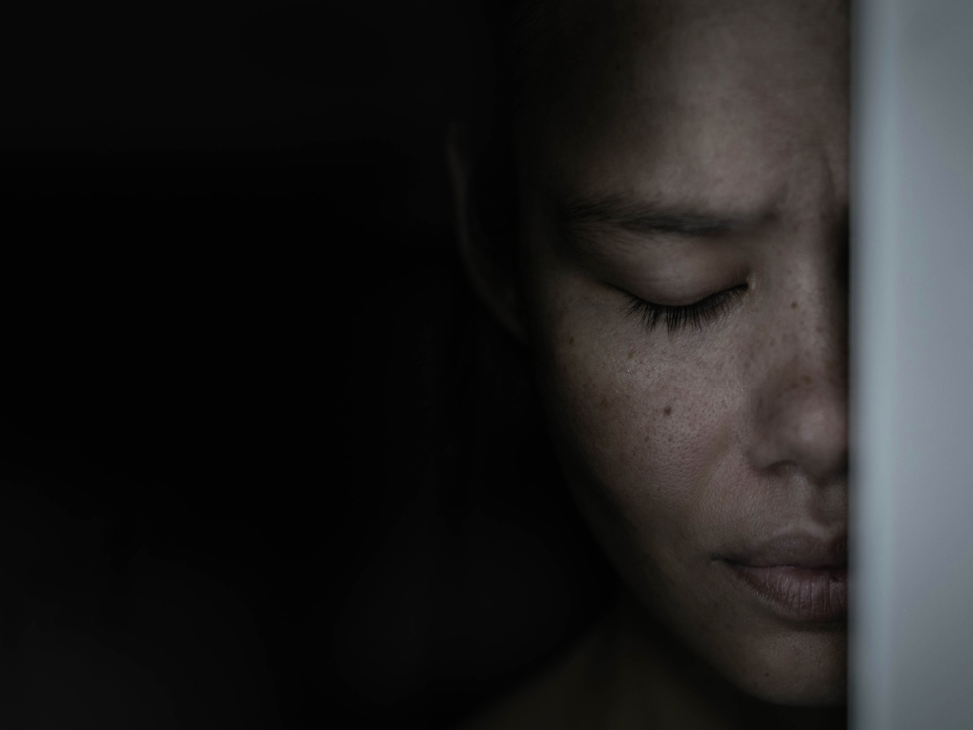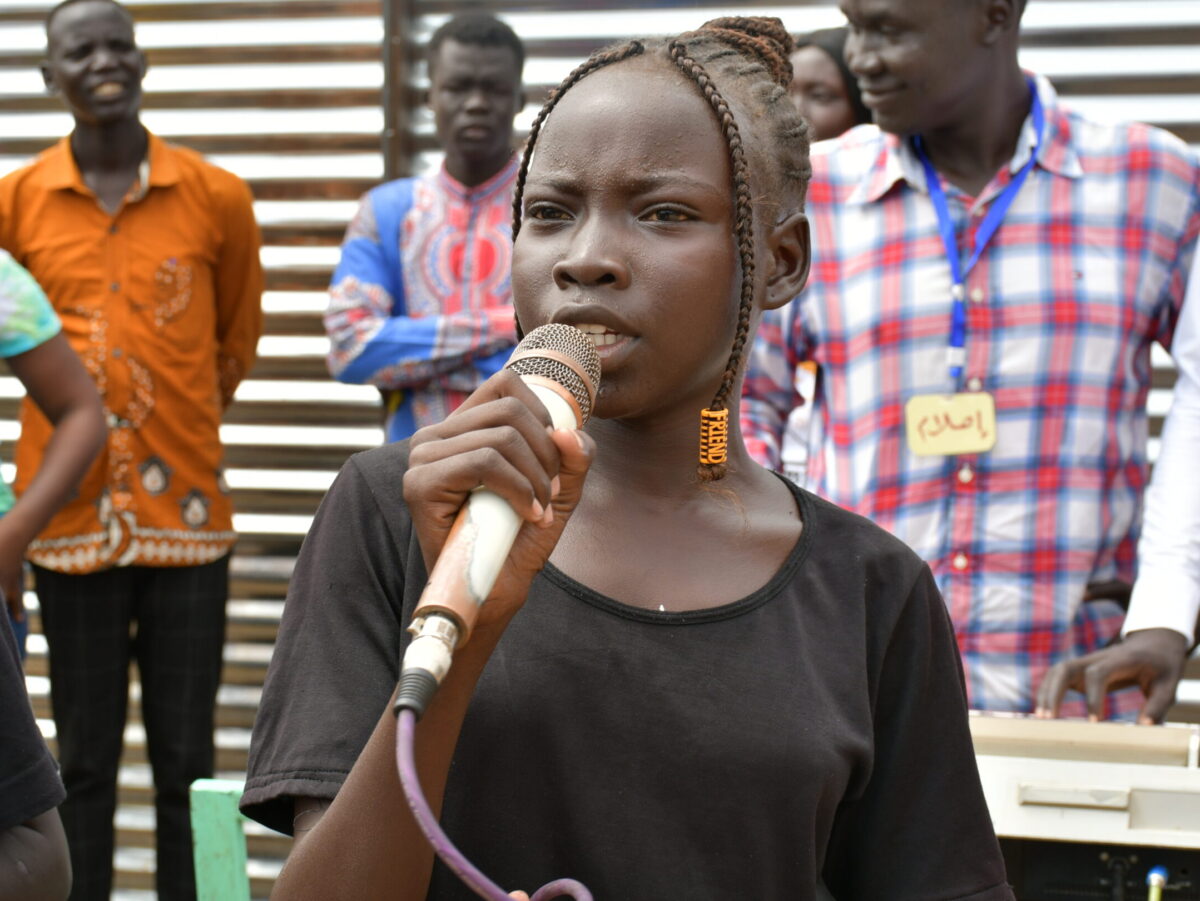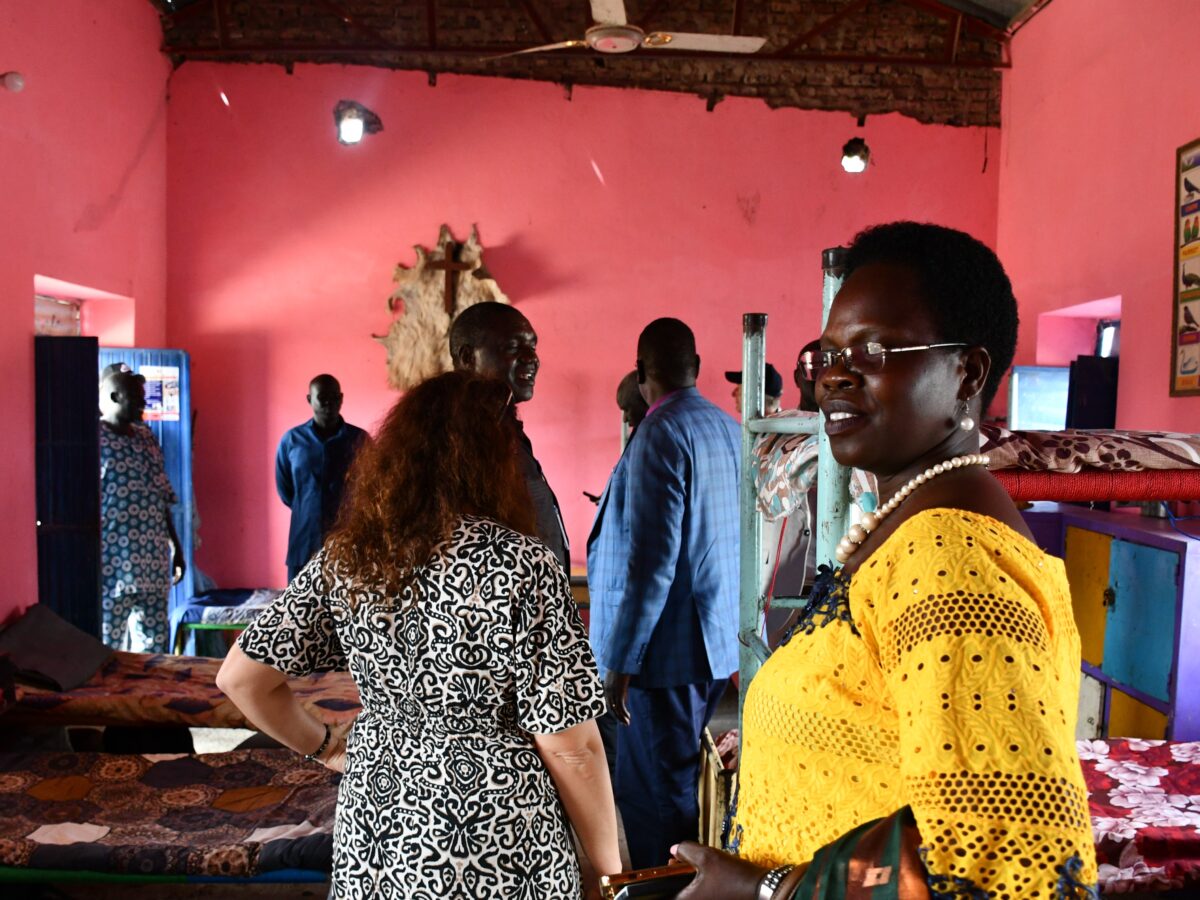Maria and her two daughters, like many women in rural Bolivia, become the target of violence. For generations, the men in their family have been abusing their wives, sisters, daughters. When the women fight back, they are only taken seriously at best. Maria has it worse. With the support of our partner organization, she finds the resources she needs to break the spiral of violence.
Men do violence to women. This truth is firmly rooted in Maria's* family history. For generations, fathers, uncles and brothers have committed sexual and violent crimes against their family members. The violence is directed primarily against their own wives, sisters and daughters. Like Maria, countless women in rural Bolivia feel the same way. And like Maria, these women receive at best too little protection from the police, but usually no protection at all.
In an interview with our partner organization Fundación Machaqa Amawta (FMA), Maria tells how her family is caught in a spiral of violence. She tells how she wanted to protect her youngest nephew Enrique*. She had learned that he had been sexually abused by various family members - including Maria's brother, his own father. She brought Enrique to her.
From father to son
Maria knew what her brother was capable of. He had brought suffering into the family before. He abused the sister they shared. It is the machismo mentality, which sees women as property, violence as power, and toughness as strength or vulnerability as weakness, that allows the spiral of violence to continue. This toxic masculinity, nourished by probably countless traumas of violence, is transmitted from father to son.
Also in this case: Enrique, whom Maria had just pulled out of sexual violence. At Maria's home, he decided to become a perpetrator himself. He committed a crime against Maria's daughters, his cousins. Maria had had enough. She finally tried to break the spiral of violence and suffering and confronted her brother with what had happened. He did not hear her. He did not hesitate for long and beat up his sister to such an extent that Maria ended up in hospital as an emergency. In Maria's family, men communicate with violence.
No help, no hearing
The spiral of violence is a widespread problem in Latin America. Domestic violence against women and children often ends in sexual violence or, at worst, even femicide. Bolivia recorded 180 murders of women by femicide in 2021 alone, with the majority of victims between the ages of 21 and 30. Every day, 110 cases of violence against children and adolescents are registered, which are mainly sexual violence. Like Maria, most cannot afford psychological support after violent crimes for their children or themselves.
The problem is exacerbated by corrupt institutions. Women who have the courage to file a complaint are often not taken seriously and have difficulty providing evidence. This is what happened to Maria. Despite the crimes committed and the apparent danger Maria and her daughters were in, they received no help. Her husband turned a blind eye to what Maria's brother and Enrique had done to his wife and daughters. The police also stopped listening when Maria mustered the courage to go alone. Her complaint, unlike that of her brother, was not taken up: He charged her with slander.
The story is not finished
In cases like Maria's, our partner organization FMA provides valuable support. She can confide in the FMA team and know that she is no longer alone. Maria and her daughters are now getting the mental health care they need. Maria has already gained new courage for a new charge. Her story is not yet finished. She is still hoping to be heard and for justice. Our partner organization accompanies her on this difficult path. Because only when the violent crimes have consequences and when toxic masculinity is overcome, will the spiral of violence in Maria's family stop.
*Name and picture have been changed at the request of the persons concerned.






